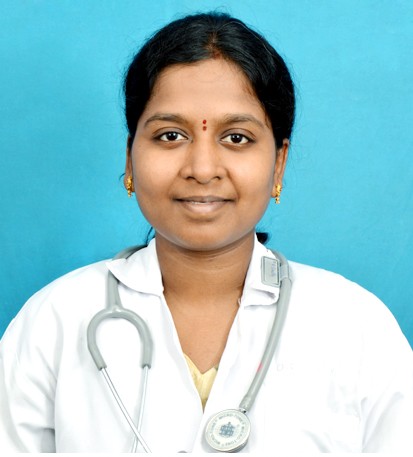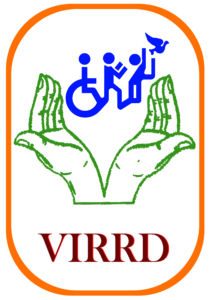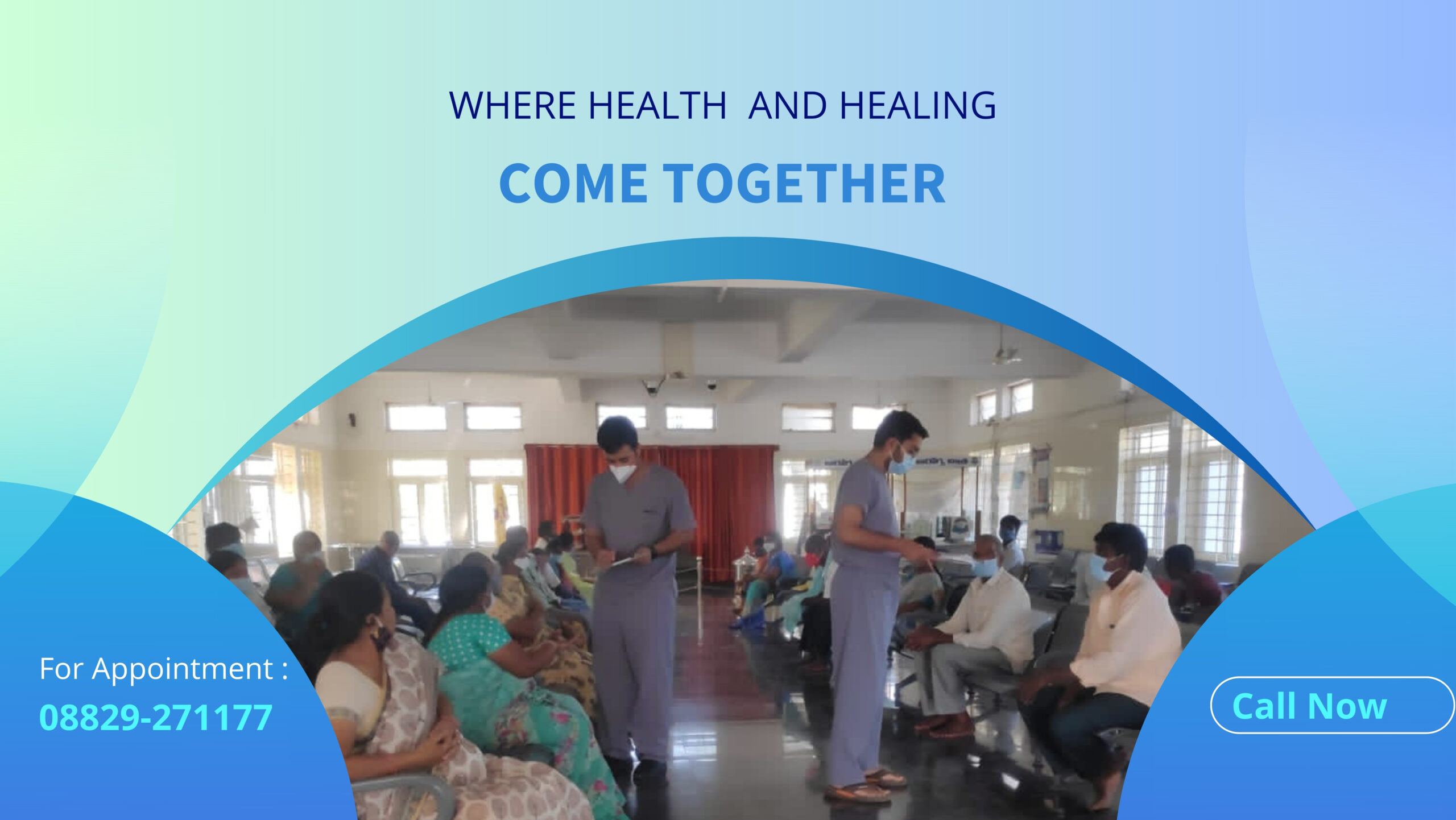SPECIALTIES @VIRRD
General Medicine: Expert Care, Holistic Approach
- Introduction to General Medicine
- Diseases and Conditions
- Procedures
At VIRRD Hospital, we have a dedicated General Medicine department that focuses on providing comprehensive healthcare services for a wide range of medical conditions. Our team of experienced General Medicine doctors is committed to delivering personalized care and promoting overall wellness.
The General Medicine department serves as the first point of contact for patients seeking medical assistance. Our doctors are skilled in diagnosing and managing various medical conditions, from common illnesses to complex chronic diseases. They employ a holistic approach to healthcare, considering the patient’s medical history, symptoms, and individual needs to provide accurate diagnoses and effective treatment plans.
Our General Medicine department offers the following key services:
- Preventive Healthcare: We emphasize the importance of preventive care and offer routine check-ups, vaccinations, and health screenings to detect any potential health issues at an early stage.
- Diagnosis and Treatment: Our General Medicine doctors are experienced in diagnosing and managing a wide range of medical conditions, including respiratory diseases, cardiovascular disorders, gastrointestinal problems, endocrine disorders, and infectious diseases.
- Chronic Disease Management: We provide comprehensive care for chronic conditions such as diabetes, hypertension, asthma, and arthritis. Our doctors work closely with patients to develop personalized treatment plans, including medication management, lifestyle modifications, and regular monitoring.
- Health Promotion and Education: We believe in empowering patients to take control of their health. Our General Medicine team offers health education, counseling, and guidance on maintaining a healthy lifestyle, managing chronic conditions, and preventing disease progression.
- Referrals and Collaborative Care: If specialized care is required, our General Medicine doctors collaborate with other medical specialists within our hospital, ensuring seamless coordination and continuity of care for our patients.
By choosing the General Medicine department at VIRRD Hospital, you can expect compassionate care, accurate diagnoses, and comprehensive treatment plans tailored to your individual needs. Our dedicated team of doctors and healthcare professionals are committed to providing the highest standard of medical care and supporting your overall well-being.
The General Medicine department at VIRRD Hospital is equipped to diagnose and treat a wide range of diseases and conditions. Our experienced doctors are skilled in managing various medical conditions, including but not limited to:
- Respiratory Conditions: Asthma, chronic obstructive pulmonary disease (COPD), pneumonia, bronchitis, sinusitis, and other respiratory infections.
- Cardiovascular Disorders: Hypertension (high blood pressure), coronary artery disease, heart failure, arrhythmias, and other heart-related conditions.
- Gastrointestinal Disorders: Gastroesophageal reflux disease (GERD), gastritis, peptic ulcers, irritable bowel syndrome (IBS), inflammatory bowel disease (IBD), and liver diseases.
- Endocrine Disorders: Diabetes mellitus, thyroid disorders (hypothyroidism and hyperthyroidism), adrenal disorders, and metabolic syndrome.
- Infectious Diseases: Influenza, urinary tract infections (UTIs), respiratory tract infections, tuberculosis (TB), viral infections, and sexually transmitted infections (STIs).
- Neurological Disorders: Migraine headaches, epilepsy, Parkinson’s disease, multiple sclerosis (MS), and neuropathy.
- Rheumatologic Conditions: Rheumatoid arthritis, osteoarthritis, gout, systemic lupus erythematosus (SLE), and other autoimmune disorders.
- Hematological Disorders: Anemia, bleeding disorders, clotting disorders, and blood-related cancers.
- Dermatological Conditions: Eczema, psoriasis, acne, dermatitis, skin infections, and allergic reactions.
- Renal and Urinary Conditions: Chronic kidney disease, urinary tract infections, kidney stones, and other kidney-related disorders.
It’s important to note that this is not an exhaustive list, and our General Medicine department is equipped to handle various other medical conditions. Our doctors conduct thorough evaluations, order diagnostic tests, and develop personalized treatment plans to address each patient’s specific needs and conditions.
The General Medicine department at VIRRD Hospital offers a wide range of procedures to diagnose, treat, and manage various medical conditions. Some of the common procedures performed include:
- Diagnostic Tests: Our doctors may order diagnostic tests to assess the patient’s condition accurately. These tests include blood tests, imaging studies (X-rays, ultrasounds, CT scans, etc.), electrocardiograms (ECGs), and pulmonary function tests.
- Medication Management: General Medicine doctors prescribe and manage medications for various conditions such as hypertension, diabetes, thyroid disorders, and infections. They ensure the appropriate dosage and monitor the patient’s response to the medications.
- Minor Surgical Procedures: Certain minor surgical procedures can be performed by General Medicine doctors. These may include skin biopsy, mole removal, abscess drainage, wound suturing, and joint injections.
- Vaccinations: General Medicine doctors provide vaccinations to protect against various infectious diseases, including influenza, pneumonia, hepatitis, and tetanus.
- Lifestyle Counseling: Our doctors provide guidance and counseling on lifestyle modifications to promote overall health and manage chronic conditions effectively. This may include advice on diet, exercise, smoking cessation, stress management, and weight management.
- Referral and Collaboration: In complex cases, General Medicine doctors may refer patients to other specialists for further evaluation or specialized procedures. They work in collaboration with other medical professionals to provide comprehensive care.
It’s important to note that the specific procedures offered may vary depending on the patient’s condition and the expertise available at VIRRD Hospital. The General Medicine team takes a personalized approach to develop treatment plans that suit each patient’s unique needs.

General Medicine FAQs
Unveiling the Answers: Frequently Asked Questions
You should see a General Medicine doctor for routine check-ups, preventive care, and the management of common health conditions. If you are experiencing symptoms such as fever, cough, fatigue, unexplained weight loss, or persistent pain, a General Medicine doctor can help evaluate and diagnose the underlying cause.
In most cases, you don’t need a referral to see a General Medicine doctor. You can schedule an appointment directly with a General Medicine specialist for your healthcare needs. However, some insurance plans may require a referral for specialist visits, so it’s advisable to check with your insurance provider.
During a General Medicine appointment, the doctor will review your medical history, perform a physical examination, and discuss your symptoms and concerns. They may order diagnostic tests, such as blood work or imaging studies, to aid in diagnosis. Based on the findings, the doctor will provide a diagnosis, develop a treatment plan, and offer guidance on managing your health.
Yes, General Medicine doctors are experienced in managing chronic conditions such as diabetes, hypertension, heart disease, asthma, and arthritis. They provide comprehensive care, including medication management, lifestyle counseling, and regular monitoring to optimize your health and well-being.
General Medicine doctors primarily focus on non-surgical medical management. However, they may perform certain minor procedures, such as skin biopsies or joint injections, as part of their practice. For surgical interventions, they may refer you to a specialist in the relevant field.
The frequency of visits to a General Medicine doctor depends on various factors, including your age, overall health, and any existing medical conditions. Generally, it is recommended to have an annual check-up with a General Medicine doctor for preventive care and to manage any ongoing health concerns.
Our Doctors
Expert care from the best doctors in the field.
We are proud to have a team of highly skilled and compassionate healthcare professionals. Our doctors are experts in their respective fields and are dedicated to providing personalized care to each and every patient.
- Experienced and highly trained.
- Compassionate and patient-focused.
- Committed to providing exceptional care.
- Dedicated to improving patient outcomes.







Doctor's talk
Discovering the World of Medicine through Doctors' Eyes
Understanding the Importance of Exercise for Orthopaedic Health
Introduction: As an orthopaedic doctor at VIRRD Hospital, I have witnessed the impact of exercise on musculoskeletal health firsthand. Many
Ensuring Comfort and Safety During Surgical Procedures
Introduction: As an anesthesiologist at VIRRD Hospital, I have the privilege of playing a crucial role in ensuring patient comfort
Restoring Mobility and Enhancing Quality of Life : Orthopedic
Introduction:As an orthopedic specialist at VIRRD Hospital, I have witnessed the transformative impact of orthopedic care on patients' lives. In
Restoring Health and Promoting Well-being : General Surgery
Introduction:As a general surgeon at VIRRD Hospital, I have dedicated my career to providing compassionate and comprehensive surgical care to
Empowering Lives Through Advanced Care and Innovative Solutions
Introduction:As a urologist at VIRRD Hospital, I am privileged to witness the positive impact that urology care can have on





